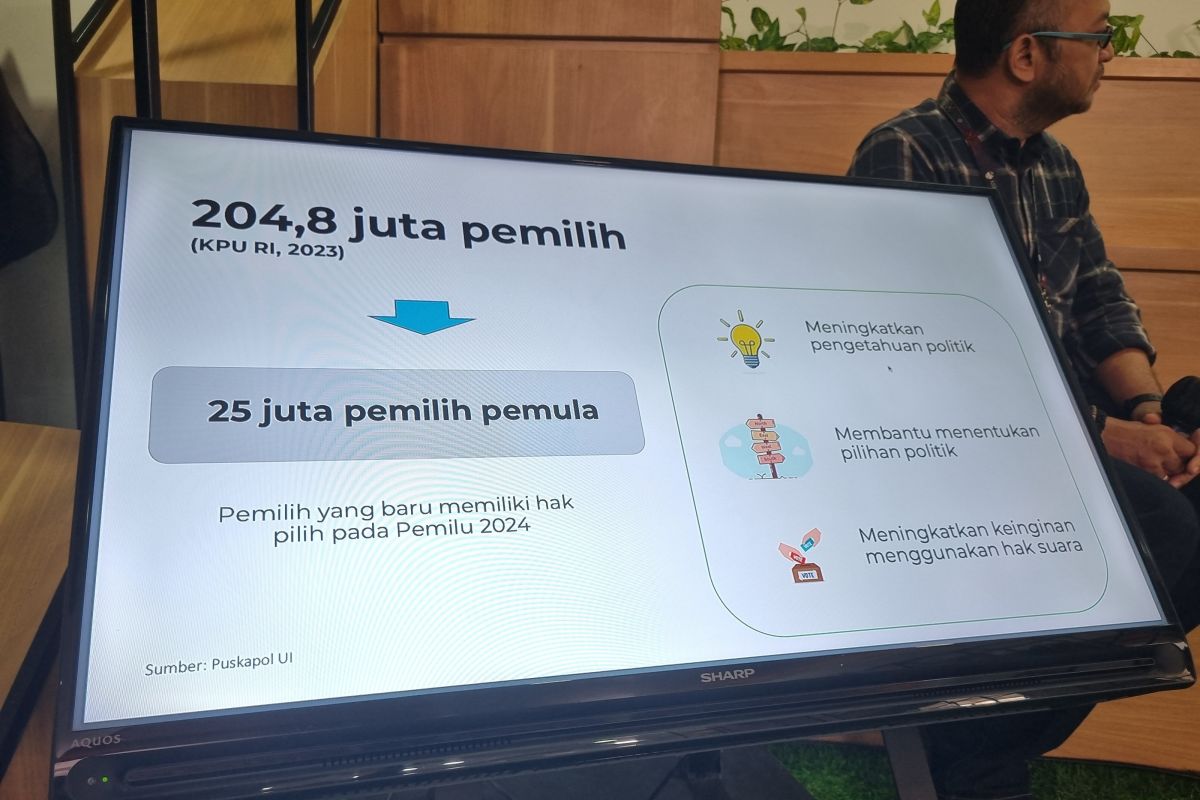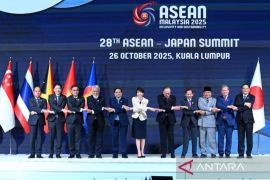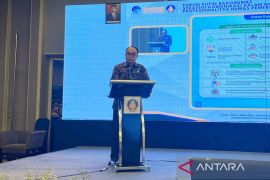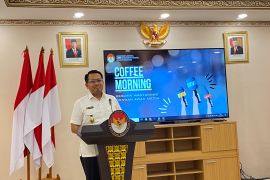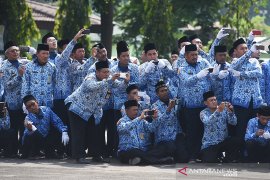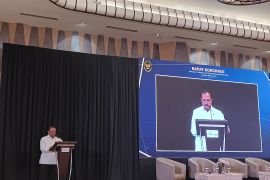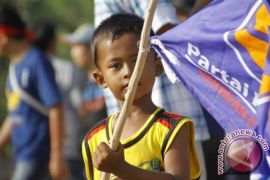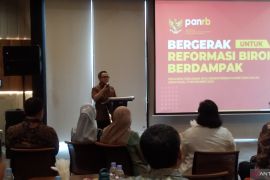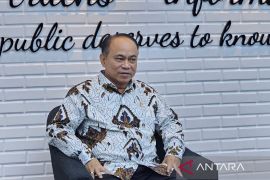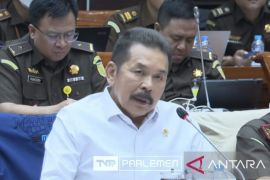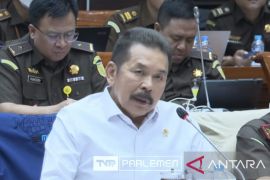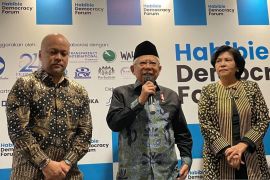"It is everyone's task to improve children's political knowledge to help them decide political choices," the ministry's Assistant Deputy for Children's Civil, Information, and Participation Rights Fulfillment, Endah Sri Rejeki, stated here on Thursday (December 21)
Rejeki made the statement at a media talk event titled "Children's Participation and Rights as First-Time Voters."
She highlighted that educating children does not mean influencing them but in fact encouraging them to vote smartly with their own conscience.
This effort is also deemed important to boost the participation of first-time voters in general elections because, in the earlier elections, first-time voters' participation was still below average.
"Of course, we hope these children will not be apathetic about contributing to civic life," she remarked.
She noted that inadequate participation could be due to the lack of knowledge of elections among first-time voters.
Related news: Ministry urges women to get involved in politics
According to Rejeki, the lack of understanding of politics in society, including among children and teenagers, is a challenge in political education in Indonesia.
Apart from that, the presence of disinformation and hoaxes in social media as well as complex political issues are other challenges for the country.
Indonesia will hold the 2024 General Elections on February 14, 2024, with around 204.8 million voters.
In the elections, Indonesians will elect a president and vice president as well as members of the House of Representatives (DPR), Regional Representative Council (DPD), and Regional Legislative Councils (DPRD) at the province, city, and district levels.
Three pairs of presidential and vice presidential candidates contesting in the elections are Anies Baswedan-Muhaimin Iskandar, Prabowo Subianto-Gibran Rakabuming Raka, and Ganjar Pranowo-Mahfud MD.
Related news: Greater participation in politics to push women's interests: minister
Translator: Anita Permata, Raka Adji
Editor: Yuni Arisandy Sinaga
Copyright © ANTARA 2023
